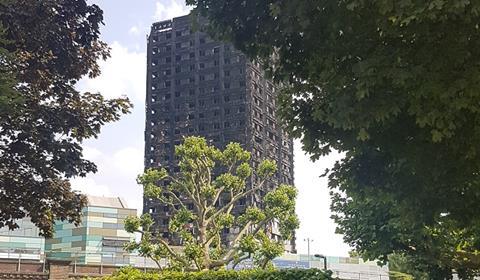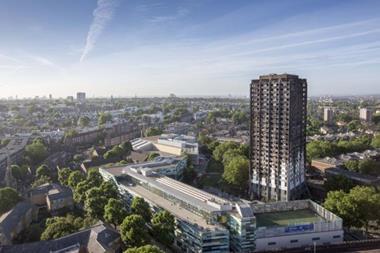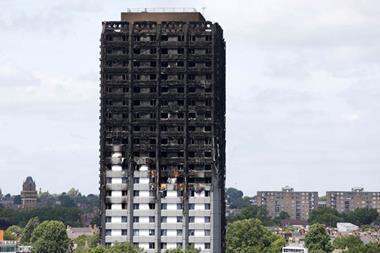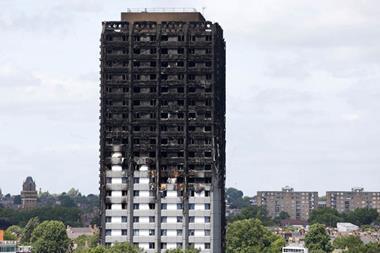The horrifying event last week at Grenfell Tower in North Kensington and resulting anger will force the industry and Government to face up to the challenge of funding for the delivery of affordable housing, as well as its quality and safety.

Just 4,934 affordable homes were built in the year to March 2017 compared with an average of 350,000 in the 1960s, yet their provision is essential to London’s economic success, as Samuel Horti’s piece on London Living Rents suggests.
There is an overwhelming reliance on the private sector to deliver affordable housing through section 106 agreements. However, payments in lieu of social housing, allowing the developer to fund the delivery of affordable homes off site, are commonly viewed as a way of ducking obligations and are permitted only in ‘exceptional circumstances’.
Currently there is little regulation to ensure this money is spent on housing and no pan-London monitoring system to ensure these funds aren’t spent elsewhere as boroughs try to mitigate savage budget cuts. There are also no timescales in which the homes must be delivered. This needs to change. London urgently needs to increase the housing stock available to working Londoners and their families.

Payments in lieu should be encouraged as a way to vastly increase the number of new affordable homes being built in London. Outside the city centre, land is cheaper and significantly more homes can be built for the same payment from a private developer. Local authorities would also have the freedom to respond to their own housing needs.
They may urgently need three- and four-bedroom family houses close to local schools, but a high-density, prime central London development will deliver only a handful of extremely high-value apartments and the reality is that land is too scarce to create significant new neighbourhood amenities.
The challenge now is to deliver a vast number of high-quality affordable homes in the fastest-possible timeframe.
Off-site solutions give boroughs the freedom to build more homes where they are needed and with an appropriate housing mix for their demographic. This isn’t the easy way out; it’s the only way out.






























No comments yet